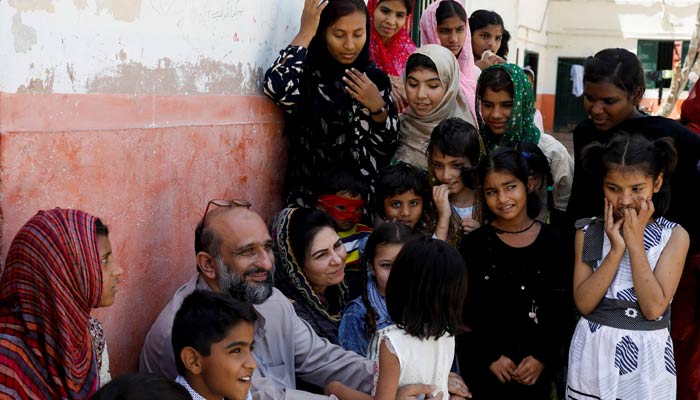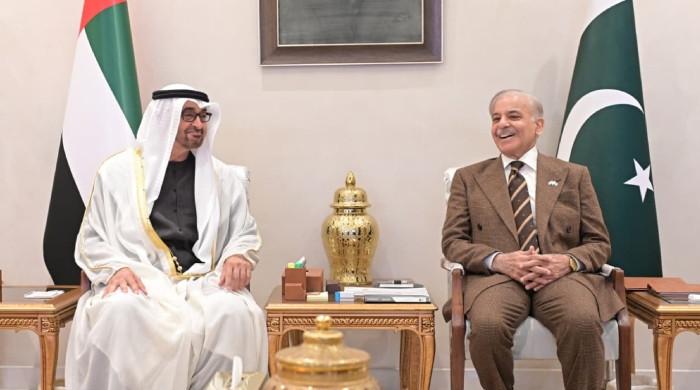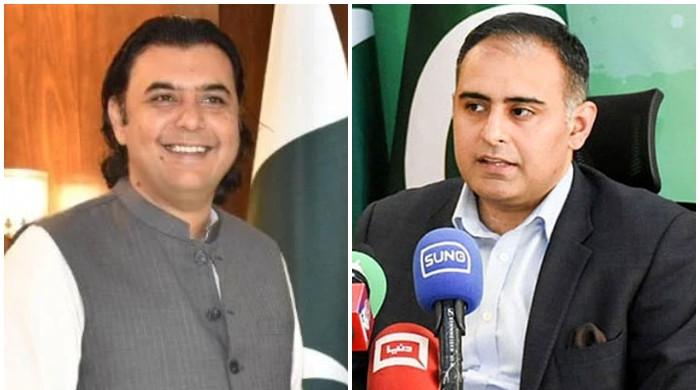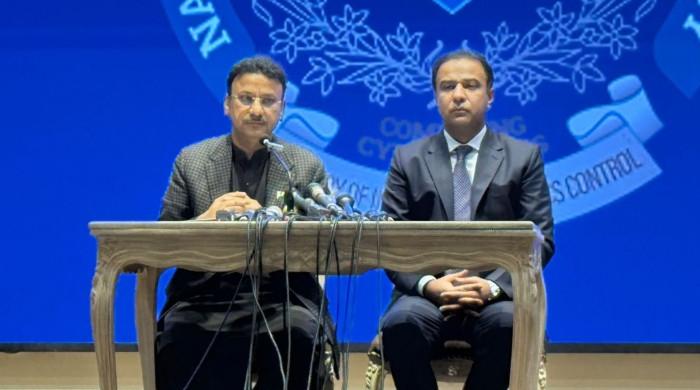Rising inflations dampens Eid celebrations for orphans
"We are trying to get more donations... and we are receiving fewer items as donations now," Faisal Edhi says
April 19, 2023

Amidst rising inflation in the country, the number of people donating money to charity has declined radically creating difficulty for philanthropists like Edhi who rely on these donations, especially on festivals like Eid ul Fitr — which marks the holy month of Ramadan.
Eid ul Fitr is normally considered a time of generosity in the country and people generally tend to donate money, food, clothes, and other articles freely and openly in the days leading up the Eid day.
However, the ongoing economic crisis in the country, which is compounded by political turbulence, has made it difficult to manage their own day-to-day affairs, making donations sparse.
According to Reuters, the crisis has driven inflation to a record high of 35% in March, following a depreciating rupee currency, a rollback in subsidies, and higher tariffs, while food inflation rose to more than 47%.
The crisis has inevitably impacted those who rely on charity.
"Slowly, the hardships are increasing,” philanthropist Faisal Edhi — head of the Edhi Foundation, which is home to more than 8,000 children — told Reuters.
The three truckloads of donated items, such as old clothes, shoes, and other household effects that the Edhi centres in Karachi usually received every week have dwindled to just one now, he added.
Voicing his concerns, Edhi said: "We are trying to get more donations but people have tightened the purse strings, and we are receiving fewer items as donations now."
Residents of the Edhi orphanages shared how they were impacted by the lack of donations.
"This year no dress came from outside," Laiba — a 16-year-old from Karachi told Reuters.
"But Bhabi purchased us unstitched cloth which we will wear after stitching here," she added, referring to Saba Edhi, who is in charge of the network of orphanages across the South Asian nation.
Laiba is one of about 30 residents of the home.
Saba shared with Reuters that she had to dip into savings to cover the cost of the Eid gifts, as this year no donations of readymade garments or unstitched cloth had come in, unlike in previous years.
"We purchased some readymade items and unstitched cloth, jewellery, bangles, shoes, and other things from our own funds,” she said.
As Pakistan awaits a bailout tranche of $1.1 billion from the International Monetary Fund (IMF), it has less than a month's worth of foreign exchange reserves.
The tranche is part of a $6.5-billion bailout package approved in 2019, which analysts say is critical for the nation of 220 million to avert a default on external payment obligations.
Still, despite growing pressure on the Foundation's resources, Edhi was undaunted.
"We will stand with our country at this moment of distress and we will try to fulfil needs with our limited resources," he said.
— With additional input from Reuters.









